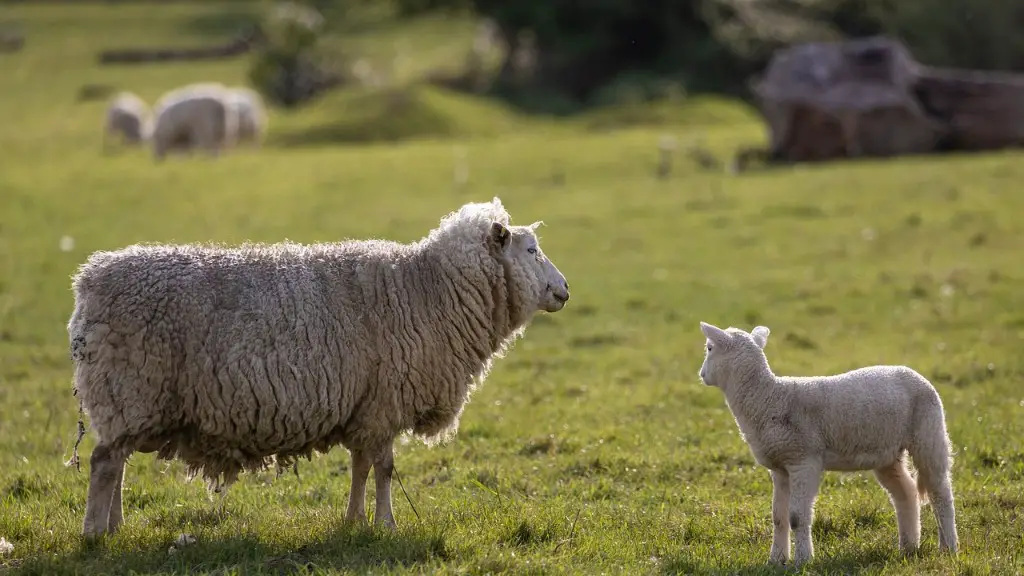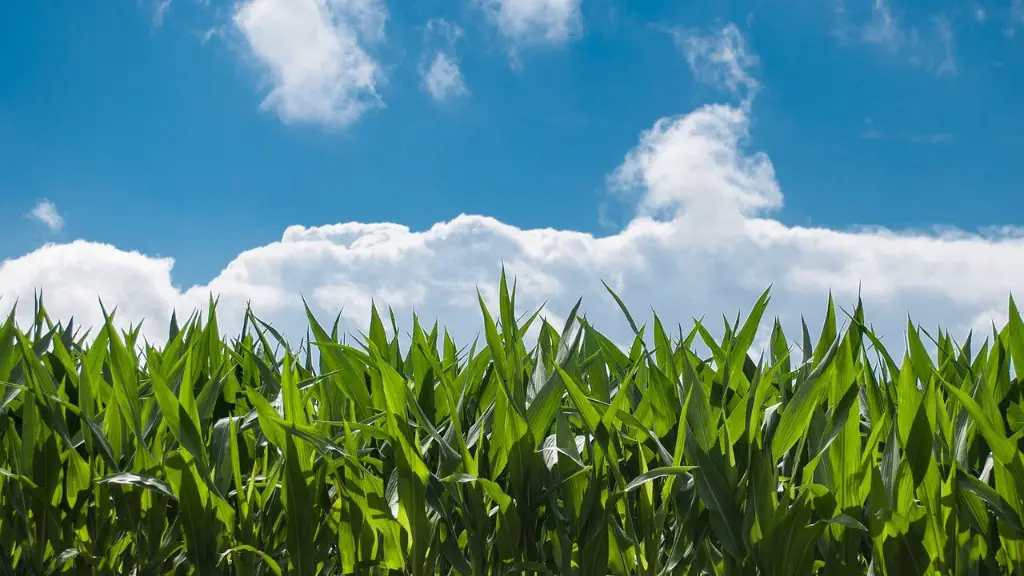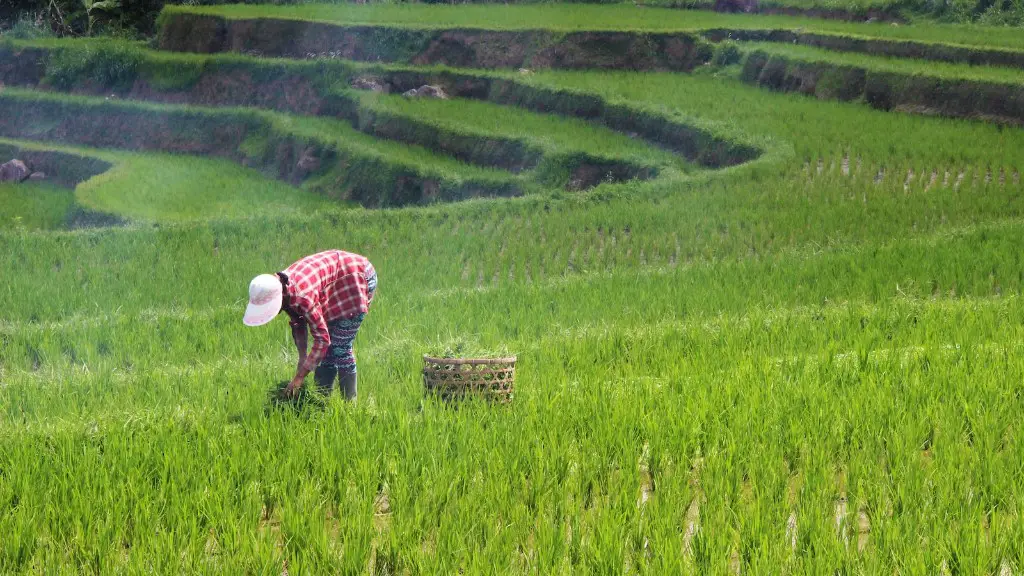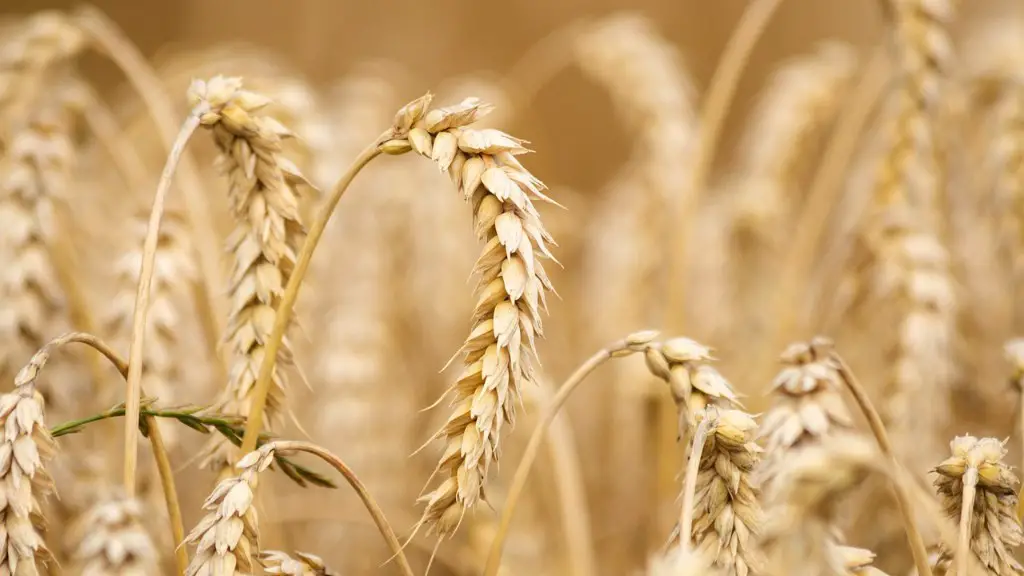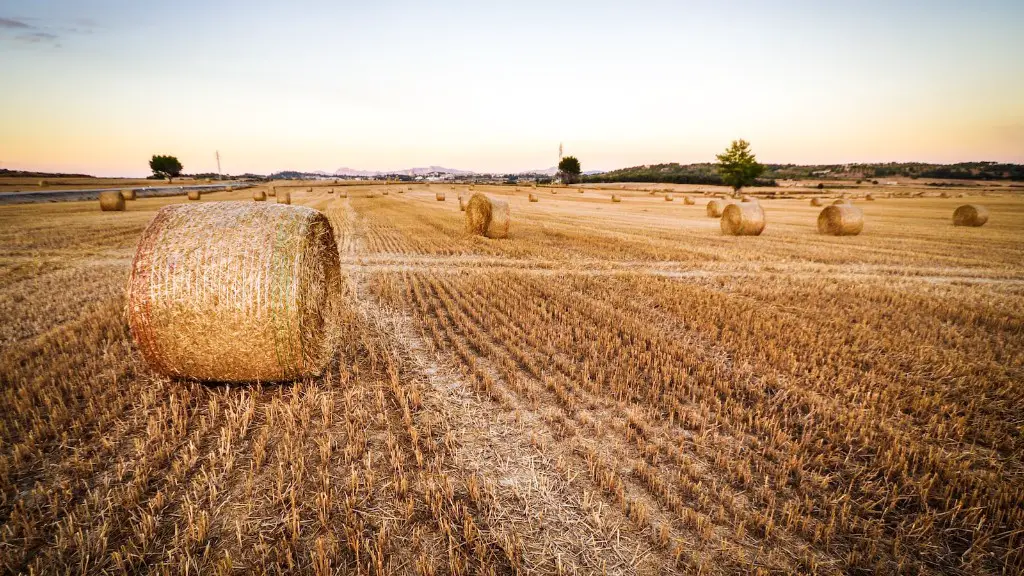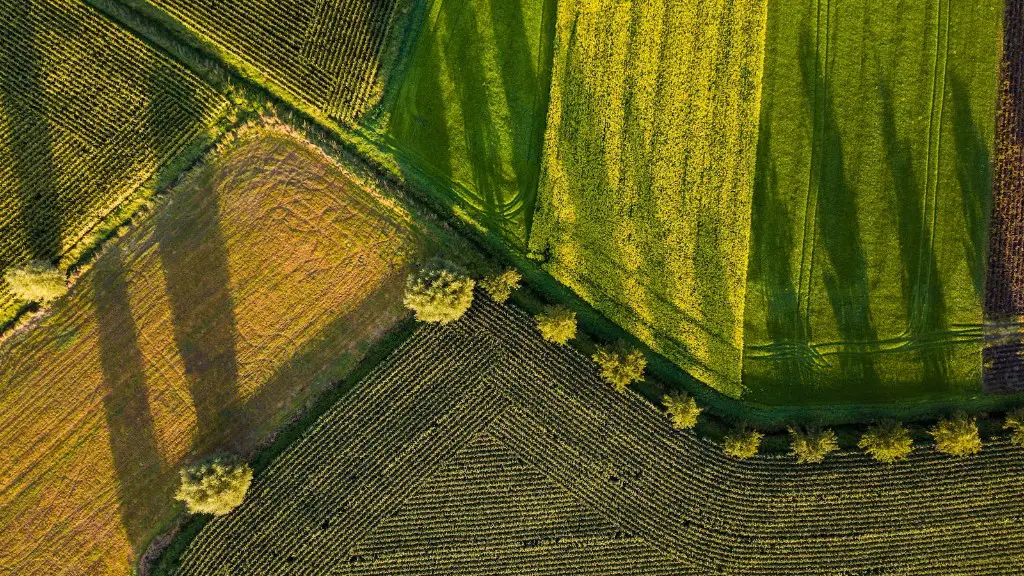Africa is a continent with immense agricultural potential. Despite this potential, however, Africa’s agriculture sector is underdeveloped and facing numerous challenges. These challenges include soil fertility decline, limited access to markets and technology, and pests and diseases. However, there are several measures that could help to improve Africa’s agriculture. One measure is to invest in research and development in order to develop more productive and resilient crop varieties. Another measure is to improve infrastructure, such as roads and storage facilities, in order to reduce post-harvest losses and facilitate access to markets. Finally, it is also important to increase Extension services to smallholder farmers in order to improve their knowledge and adoption of best practices.
In order to help Africa’s agriculture, it is important to provide farmers with the resources and training they need to be successful. Additionally, increasing access to markets and improving infrastructure can also help boost the agricultural sector.
What are some ways to improve agricultural production in Africa?
Agricultural productivity in Africa can be increased through improved access to see varieties, fertilizers, and other inputs such as machinery and irrigation. This would allow farmers to grow more crops and improve their yields. In turn, this would improve food security and contribute to economic development in Africa.
There are a number of ways to improve agricultural production:
1. Implement land reforms. Land reforms are the first and most important step for improving productivity.
2. Interplant. Plant more densely.
3. Manuring. Plant many crops.
4. Water use and soil management. Sustainable agriculture.
5. Raised beds.
How can Africa improve food security
The African Continental Free Trade Area (AfCFTA) is a key opportunity to increase intra-African trade and boost the resilience of domestic and regional food markets to shocks. By increasing trade and economic integration within Africa, the AfCFTA can help to diversify food sources and reduce the continent’s reliance on imported food, which can be vulnerable to price shocks and other external shocks. In addition, the AfCFTA can help to create new market opportunities for African producers and processors, and to increase the competitiveness of the continent’s food industry.
The challenge is to make sure that the economy is sustainable in the long run, while also providing for the needs of the present generation. This means creating jobs and opportunities that will last, while also protecting the environment. It is a delicate balance, but one that is essential to maintain.
What 5 things can we do to improve agriculture?
There is a need to develop high-yield crops in order to boost irrigation and increase the use of fertilizers. In addition, market access, regulations, and governance need to be improved in order to make better use of information technology. Finally, genetically modified (GM) crops need to be adopted in order to reform land ownership with productivity and inclusiveness in mind.
It is important to make agriculture profitable so that farmers can make a living off of their land. This can be done by reforming macro-economic and agricultural policy, developing and disseminating improved agricultural technology, and empowering farmers to participate in managing all aspects of agricultural development. This will help to ensure that farmers can continue to farm and provide food for the world.
How agricultural problems can be solved?
The above points are the comprehensive guide to the solutions of agricultural problems. If the farmers have understanding about the type and strength of their farmland soil, they can select the right seeds for their farm. Harvesting at the right time is also important to get good yield. Advertising their farm produce for good prize will help them in getting better prices. Sowing in the right time is also important to get good yield. Lastly, water supply is also an important factor for the success of any agricultural venture.
The reaper was invented in the early 1800s and changed the way farmers harvested grains. Instead of having to harvest by hand, the reaper allowed farmers to cut the grain with a machine.
The thresher was invented in the early 1800s and changed the way farmers removed kernels from the straw. Before the thresher, farmers had to beat the grain by hand to remove the kernels. With the thresher, the kernels could be removed quickly and easily.
The steam engine was invented in the early 1800s and changed the way farmers powered their machines. Before the steam engine, machines were powered by animals or by people. With the steam engine, farmers could power their machines with steam.
The combine was invented in the early 1900s and changed the way farmers harvested grains. Instead of having to harvest the grain by hand or with a reaper, the combine allowed farmers to harvest the grain with a machine.
The automobile was invented in the early 1900s and changed the way farmers transported their goods. Before the automobile, farmers had to transport their goods by horse and wagon. With the automobile, farmers could transport their goods quickly and easily.
The tractor was invented in the early 1900s and changed the way
What is the best way to increase the agricultural production in the country
Quality inputs are essential for increasing productivity under both rainfed and irrigated conditions. Extension and advisory services are important for enhancing the adoption and efficiency of improved inputs.
African women are some of the most hardworking and entrepreneurial people in the world. With the right support, they can be an even greater force for good in their communities and beyond. By investing in African women, we can help to create a more prosperous and food-secure future for the continent as a whole.
How can we reduce food waste in Africa?
1. Produce Food in a Way That Commonly Wasted Resources are Sustainably Used and Recycled: One way to reduce food waste and loss in Africa is to produce food in a way that commonly wasted resources are sustainably used and recycled. This can be done by using sustainable agricultural practices that make use of food waste and by-products, and by investing in infrastructure and technology that enables food to be transported and stored more efficiently.
2. Transform By-products into Useful Agricultural Products: Another way to reduce food waste and loss in Africa is to transform by-products into useful agricultural products. This can be done by using by-products as compost or animal feed, or by processing them into other products such as biogas or biofuel.
3. Improve Transport and Storage Facilities to Prevent Food Loss: A third way to reduce food waste and loss in Africa is to improve transport and storage facilities to prevent food loss. This can be done by investing in better roads and transport infrastructure, and by improving storage facilities such as warehousing and cold storage.
Regenerative agricultural practices help to build soil health, which in turn helps to improve water retention and drought tolerance. Additionally, these practices can help to reduce the need for irrigation water.
Why is farming so difficult in Africa
Many African farmers lack the basic things many farmers outside the region take for granted, like access to improved crop varieties, fertilizers, and irrigation. Although some progress has been made, addressing these weaknesses by themselves is not enough. African farmers need access to other services and support in order to be successful. This includes things like extension services, financial services, and market access. Without these, African farmers will continue to struggle.
It is undeniable that Africa has faced many challenges in terms of agricultural production.However, it is important to note that Africa is a vast and diverse continent with a multitude of different cultures, climates, and geographical features. As such, it is unfair to paint Africa with a single brush and attribute its agricultural problems to inherent factors. Instead, a more nuanced approach is needed that takes into account the unique circumstances of each individual country. It is only through a better understanding of the complex factors at play that Africa can hope to boost its agricultural production and catch up to the rest of the world.
Is Africa good for agriculture?
Africa produces a variety of grains, with corn being the most important. Wheat and rice are also produced in large quantities. Corn has the widest distribution of any of the grains, and is grown in all ecological zones. The highest yields per acre are recorded in Egypt and on the Indian Ocean islands of Réunion and Mauritius, where production is under irrigation.
Land reform is one of the solutions to the problems of agricultural production in English speaking West Africa. The current system of land ownership in the region is a major problem that needs to be addressed in order to make progress. The reforms should be focused on making it easier for people to acquire land.
Final Words
Access to better quality seeds and fertilizer, as well as to modern farming techniques and equipment, could help Africa’s agriculture.
Other factors that could help include more stable governments that provide security and infrastructure, and an end to armed conflict. Better access to markets, both local and international, would also be beneficial.
There are many things that could help Africa’s agriculture. One is to provide more education to farmers on modern farming techniques. Another is to increase access to financing so that farmers can purchase the inputs they need to be successful. Additionally, increasing access to markets so that farmers can sell their produce could also help Africa’s agriculture. Lastly, increasing investment in infrastructure, such as roads and storage facilities, would also help Africa’s agriculture.
